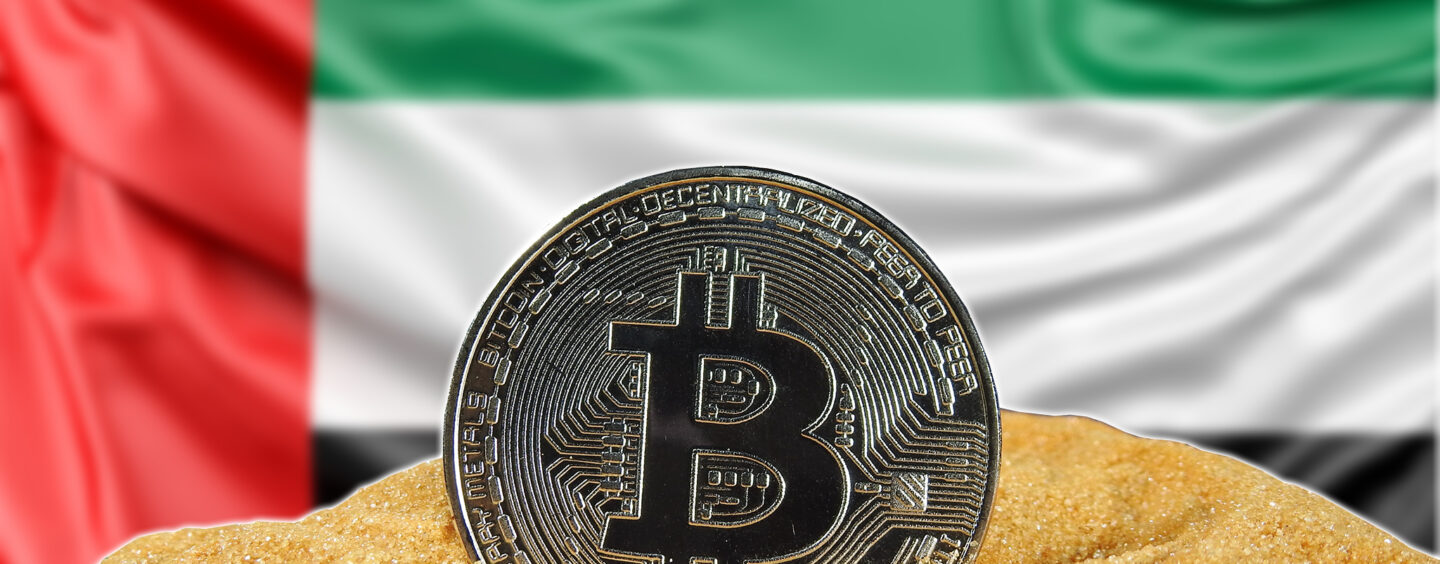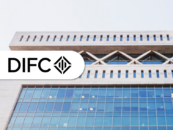The cryptocurrency market has had a wild year. Market capitalization jumped 750% between January 2020 and February 2021 to reach an all-time high of US$1.7 trillion. In this timeframe, the price of bitcoin surged more than 600% to surpass 57,000 USD/BTC on February 22, 2021.
The current market rally has led to renewed interest in cryptocurrencies, a trend that comes on the back of favorable regulatory endorsements and large institutional investments coming in from names like Testa, MicroStrategy and Square. Swiss tech firm SNGLR Group estimates that institutional investors have poured at least US$26 billion into bitcoin over the past eight months.
Against this backdrop, regulators and government agencies in the United Arab Emirates (UAE) are now multiplying initiatives to embrace tokenization and blockchain, unveiling a major move in January 2021 that could potentially see the introduction of a licensing regime for companies in the field.
In January 2021, the UAE Centre for the Fourth Industrial Revolution (C4IR UAE) signed a partnership with Dubai International Financial Centre Authority (DIFC) and Dubai Financial Services Authority (DFSA) to launch a testbed for fintech companies to develop and test the tokenization of digital assets through the use of blockchain technology.
The project will provide a controlled regulatory forum in the UAE to test these emerging technologies, the DFIC said, and will turn policy recommendations into a pilot sandbox which could eventually lead to the full licensing of companies in the digital assets and blockchain sector, it said.
Getting into crypto
As the crypto trading frenzy continues, we’ve crafted a short guide for those located in the UAE who are interested in getting into the space and purchase their first coins.
For UAE residents, several venues and ways exist to purchase cryptocurrencies, but before getting into that, it’s important to choose a secure wallet to store the funds.
On this topic, cold storage, or the practice of storing cryptocurrencies offline, is considered the most secure option because the funds are stored on a platform that’s not connected to the Internet, thereby protected against unauthorized access, cyber hacks and other vulnerabilities to which a system that’s connected to the Internet is susceptible.
Cold storage often takes the form of a hardware wallet, or a physical electronic device built for the sole purpose of securing cryptocurrencies, with popular options including those from manufacturers Ledger and SatoshiLabs, the creator of the Trezor wallets.
In addition to hardware wallets, another option is hot wallets. But contrarily to cold storage and hardware wallets, hot wallets are Internet-connected, thus more vulnerable to hacks and theft.
That being said, hot wallets have advantages including the ability to make basic transactions quickly and more conveniently. In addition to that, most hot wallets are free to use and are compatible with popular hardware wallets.
Choosing a crypto exchange platform
After choosing a reliable wallet, the next step involves choosing a suitable cryptocurrency exchange and opening an account. For those based in the UAE, several options exist including local exchanges such as BitOasis and Palmex, regional platforms like Rain, as well as international platforms such as Binance.
Most investors prefer using local platforms because these allow them to trade in their local currencies and support local deposit and withdrawal methods. BitOasis, for example, is one of the largest cryptocurrency platforms in the Middle East, supporting transactions in both USD and AED, as well as the use of local credit cards. The company was founded in 2015 and is based in Dubai.
Another popular local platform is Palmex. Established in 2018 and based in Dubai, Palmex is among the newer cruptocurrency exchanges, targeting professional traders and offering advance trading tools, multiple cryptocurrency pairs, and more.
Regionally, there is Rain, a Bahrain-based cryptocurrency exchange. Founded in 2017, Rain allows users in the Middle East, including those in the UAE, Saudi Arabia, Oman and Kuwait, to buy, sell and store cryptocurrencies. Rain received its license from the Central Bank of Bahrain in 2019 making it the first cryptocurrency exchange in the Middle East to get licensed.
While local and regional platforms allow for trading in local currencies and offer more convenient deposit and withdrawal methods, large, global exchanges have considerable advantages which investors could be mindful of. These include, for example, having higher liquidity and a larger selection of cryptocurrencies to choose from.
Binance, for example, is one of the world’s biggest cryptocurrency exchanges in trading volume, supports more than 200 cryptocurrencies and offering a large selection of derivatives.
In addition to trading platforms, users can also opt for peer-to-peer (P2P) exchange and turn to platforms such as Localbitcoins.com, which helps connect buyers and sellers directly.
Another way to buy cryptocurrencies is through a cryptocurrency kiosk or ATM. Abu Dhabi welcomed its first crypto ATM in 2019 with the launch of a Digital Asset Kiosk Machine in Abu Dhabi Global Market – the emirate’s financial free zone.








No Comments so far
Jump into a conversationNo Comments Yet!
You can be the one to start a conversation.